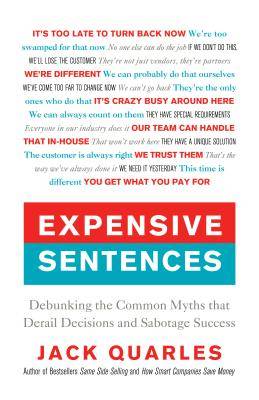
Contracting relationships gain popularity when full-time jobs with benefits seem elusive. But they require extensive communicating and strong interpersonal skills to complete projects on time and on budget.
Contractors face far more complex relationships than an employee with a boss. Their first loyalty goes to the client, the person who’s compensating them. Weak client relationships often derail projects. The relationship with the customer, the client’s client, varies from contract to contract. Some companies want contractors to refrain from communicating with clients; others allow it. Make certain you know your client’s expectations.
ACCOUNTABILITY
Accountability can be intense, says Bob Bucceri, general partner at Chaddsford Planning Associates LLC in Westchester, Pa., who contracts in the electronic payment and health care verticals. After 27 years on contracts, Bucceri says with assurance, “You fall by the sword for your clients.”
Fran BidermanGross concurs. As CEO of Advantages Printing Inc. in Queens, N.Y., she’s hired more than 30 contractors for specific skills in her firm’s branding and marketing services for small business clients. Outsourcing often saves her company time. She says contractors work completely independently.
“This is a very big issue,” she says, “because if they re-prioritize, they could miss deadlines.”
COMMUNICATION
How does communication flow? BidermanGross says clients want to work with the company rather than the contractor. Her contractors don’t communicate with the customer. She stands firm: “We sold the product. We own the relationship. We have to protect what the client is expecting. If someone buys from a principal, they don’t want to work with a junior.”
Bucceri says contracting is really a relationship business, where relationship is the paramount issue. He considers people on all sides of a contract — client, contractor, customer — exceedingly important. He advocates face time with customers, who might later decide to offer a contract for another project.
Problems do arise from all sides of the contract. Take the case of Hank Wallace, president of Atlantic Quality Design Inc. in Fincastle, Va., who designs hardware and software. For one client, he designed a piece of equipment on an agreed-upon fixed price.
“The client was to build and deliver it,” he says. “The third party was displeased. I hadn’t had any contact with them.”
The client had been lying to him and to the customer. Wallace says his attorney recommended an endrun around the client to fix the problems. Ultimately, the customer sued the client and settled.
“I did get paid by my client,” Wallace says. “I worked a couple days for free to help the third party and protect my reputation. I didn’t follow up on work there and refused further work from the client.”
If you work in an environment where speaking with the customer isn’t allowed, you might suggest a method BidermanGross developed to ensure communication and the productivity to go with it. She assigns her project manager the task of overcommunicating with the contractor to compensate for the lack of daily contact. Every email from the contractor goes to the project manager, who restates it, a practice that saves headaches later, she says. She recalls one contractor who emailed the project manager but meant something else that affected a deadline and created a domino effect. The project manager stepped in to help, assuring the promised completion date.
Don’t permit halfhearted attention to relationships.
Dr. Mildred L. Culp of WorkWise® welcomes your questions at culp@workwise.net.






